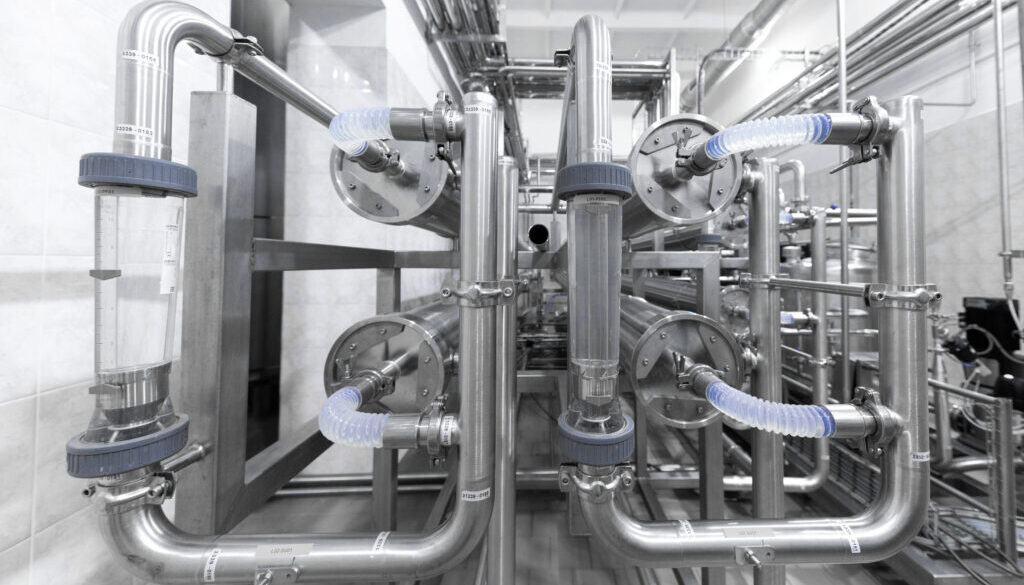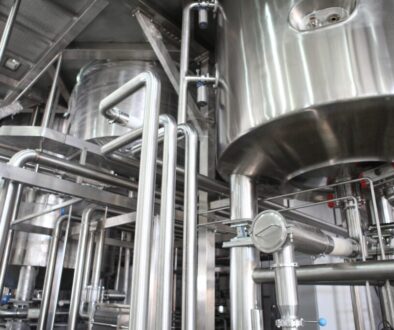Industrial cooling systems are crucial for many businesses, as they help to regulate temperature and maintain a comfortable and safe working environment. There are a variety of different types of industrial cooling systems available on the market, and choosing the right one for your business needs can be a daunting task. Here are some factors to consider when selecting an industrial cooling system:
- Cooling Capacity:
The cooling capacity of an industrial cooling system is the amount of heat that it can remove from the air in a given period of time. The cooling capacity you require will depend on the size of your workspace, the number of employees, and the type of equipment and processes that you have running. It is important to choose a cooling system that has a sufficient cooling capacity to keep your workspace comfortable and safe.
- Type of Cooling System:
There are several different types of industrial cooling systems, including central air conditioning systems, evaporative cooling systems, and chiller systems. Each type of cooling system has its own advantages and disadvantages, and the best choice for your business will depend on factors such as the climate in your area, the size of your workspace, and your budget.
- Energy Efficiency:
Industrial cooling systems can be a significant source of energy consumption for businesses. Choosing an energy-efficient cooling system can help to reduce your energy costs and minimize your carbon footprint. Look for systems that are ENERGY STAR certified or that have high SEER ratings.
- Maintenance Requirements:
Industrial cooling systems require regular maintenance to operate efficiently and effectively. Consider the maintenance requirements of different cooling systems when making your selection. Some systems may require more frequent or complex maintenance than others, which can impact your operational costs.
- Cost:
The cost of an industrial cooling system can vary significantly depending on the type of system and the features included. Consider your budget when selecting a cooling system and look for options that provide the best value for your investment.
- Noise Level:
Some cooling systems can generate significant noise, which can be disruptive to employees and impact productivity. Consider the noise level of different cooling systems when making your selection and choose a system that operates quietly.
- Installation and Space Requirements:
Industrial cooling systems can vary in terms of their installation and space requirements. Consider the available space in your facility and the installation process required for different systems when making your selection.
By taking these factors into consideration, you can select an industrial cooling system that meets the unique needs of your business and provides reliable and effective temperature regulation for your employees and equipment.




